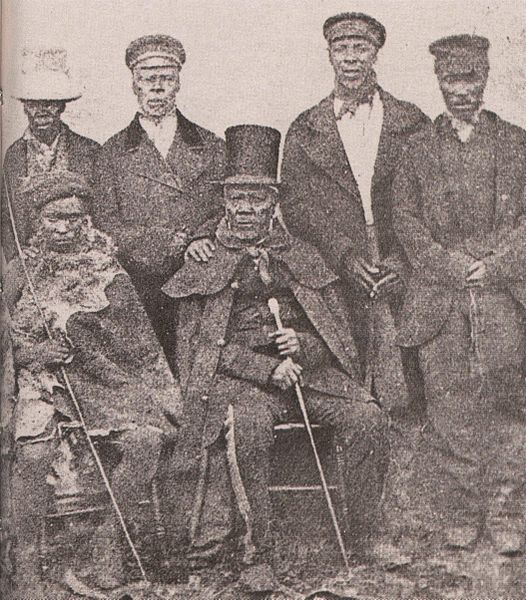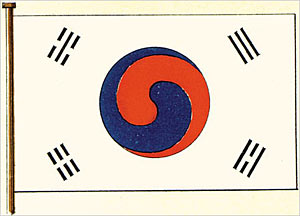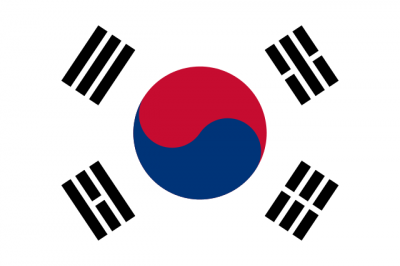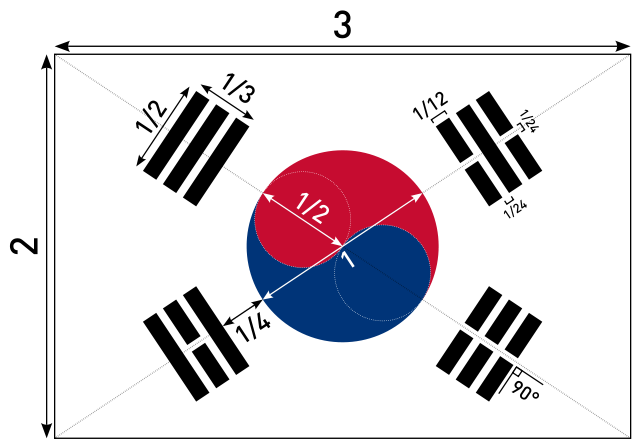It’s been an unexpectedly competitive cycle in Kansas politics this year. Today’s news is that the Democratic Senate nominee Chad Taylor has dropped out of a three-way race with an independent against a Republican incumbent. (Oddly, this also happened in the Alaska Governor’s race earlier this week.)
The decision, from what I can parse from the candidate statement and recent polling, was motivated by the realization that the independent candidate, moderate and apparently reasonable ex-Democrat Greg Orman, might actually have a pretty good shot — in a two-way race — at beating incumbent Republican Senator Pat Roberts in November, even though he was in third in a three-way race. (It’s still jaw-dropping, too, that Sen. Roberts is so unpopular he almost lost his GOP primary to a deeply unethical doctor who had posted patient X-rays of fatal gunshot victims to his Facebook account repeatedly with joking captions.)
The decision for Taylor to drop out seemed to have been done in consultation with (or perhaps even pressure from) Kansas Democratic Party leaders. A PPP poll last month found Orman leading Roberts in a one-on-one race, and in a good position to hold that lead into Election Day as the undecideds come down on one side of the fence or the other.
It’s unclear which party Orman would caucus with if elected, since he’s picking up a lot of Republican endorsements in the state on his pro-business, economics-oriented platform — seems like he’s targeting disaffected moderate Kansas Republicans of the old Eisenhower mold — but there’s also a number of arguably left-leaning positions in his platform too, though that again might just be sane Republicanism that is now what passes for left-leaning. He’s been careful to stake out a position much closer to the pragmatic center than Roberts, certainly. I suspect that, as with Sen. Angus King of Maine, an independent who caucuses with the Senate Democrats, Orman would feel a lot more comfortable being conservative in the diverse Democratic caucus than trying to conform his pragmatism to the rigid lockstep extremism that has characterized the Republican caucus in recent years. Either way, I’m sure many Kansas Democrats feel it would be better to have Orman elected than have Sen. Roberts squeak into a fourth term in a 3-way race.
At minimum and regardless of outcome, this development might help Democrats nationally, by suddenly making a Republican Senator credibly more vulnerable and diverting crucial Republican resources out of other swing Senate seats where Republicans were trying to pick up a half dozen seats from Democrats to retake the majority this November.
Closer to home, in Kansas itself, creating a second competitive statewide race in Kansas could further help boost left and moderate voter turnout against the now-near-universally-loathed Governor Sam Brownback.
Read more







